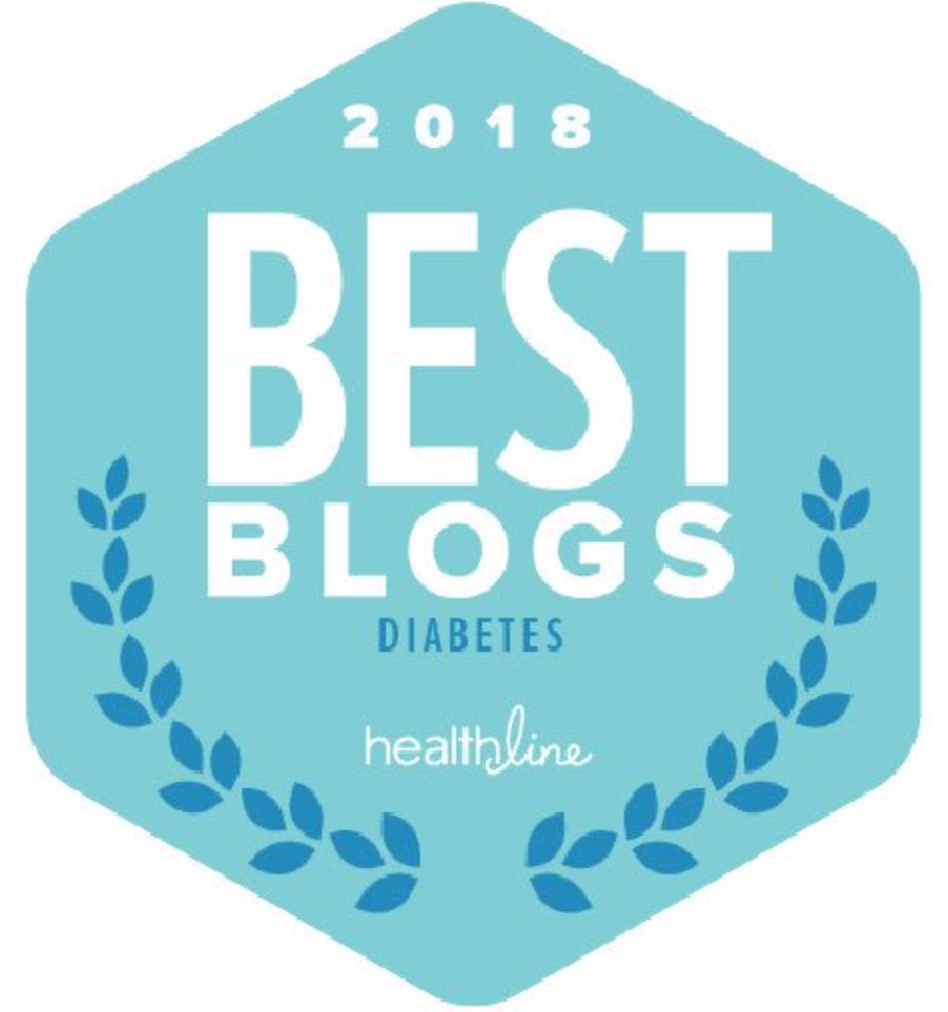‘No one asks to get diabetes. And no one asks to be diagnosed with a diabetes complication.’
I don’t know how many times I have said these words – in presentations, casual conversations, in meetings. I feel like a broken record sometimes, but it seems that I’m not done saying it because there are still real problems with the way we talk about a type 2 diabetes or diabetes-related complications diagnosis.
Both are discussed as an end point. And often an end point following failure which is so problematic that it makes every single part of me wince.
‘You got type 2 diabetes because you did/didn’t do this, this and this….’
‘You developed a diabetes-related complication because you did/didn’t do this, this and this.’
And then…there is nothing. There is nothing about what happens next: who to turn to, what help is available, ways to live well. Just some blame and shame and a massive spoonful of guilt, too. You’re welcome!
We need to change this. How different would things be if news of a type 2 diabetes or complication diagnosis was not accompanied with finger pointing at all the things that got us to that point, but instead an acknowledgement that this may feel scary, and a helpful list of what is available to help us.
Being diagnosed with type 2 diabetes is not an end point. Neither is being diagnosed with a diabetes complication. It’s a transition. And at that transition point, we need hope. And to know what’s next. (Cue: Snuffy Walden.)







3 comments
Comments feed for this article
June 8, 2018 at 4:56 pm
thelakes@iprimus.com.au
Yes Renza,
Good questions. Try living in regional Australia.
No longer able to access the RNSH Diabetes Clinic. Severed from my anchor.
Why are there not regional Diabetes (read Chronic) Diseases Clinics, One Stop Shops for monitoring, advice, and support?????? Rather than this plethora of fragmented, haphazard and uncoordinated wasteful underesourced versions of allied health.
Graeme Mavcey
LikeLiked by 1 person
June 9, 2018 at 8:49 am
Joan Czarnowski-Hill
Never in my 31 years of being a diabetes educator have I ever said: you did this to yourself. There is the quadrant, that I was taught years ago:
A: the person who does every thing they were told to do and didn’t get complications
B: the person who did nothing they were told to do and didn’t get complications
C: the person who did everything they were told to do and and got complications
D: the person who did nothing they were told to do and got complications…..
It’s a crap shoot and we know so little about why some folks get diabetes and it’s complications and some don’t.
Just my 2 cents.
LikeLiked by 1 person
June 11, 2018 at 11:26 am
Rick Phillips
Diabetes is a job no one wants and no one can quit, so far.
LikeLiked by 1 person